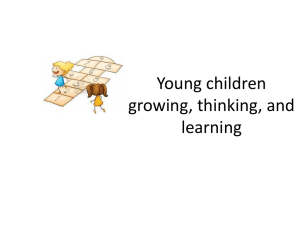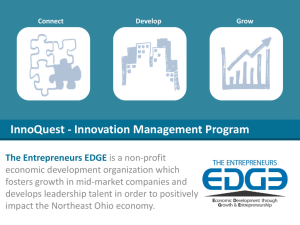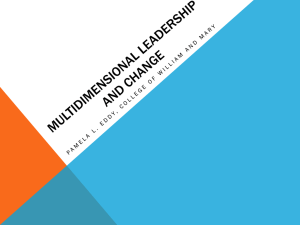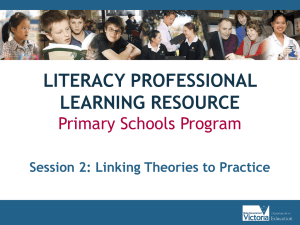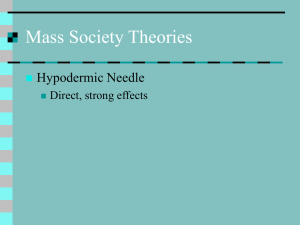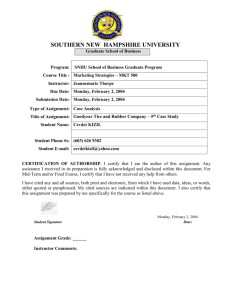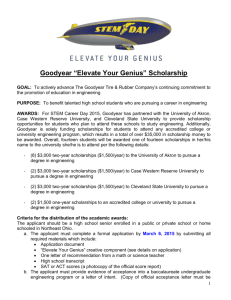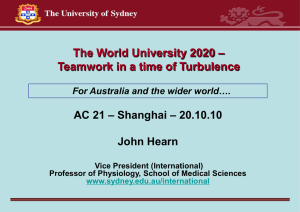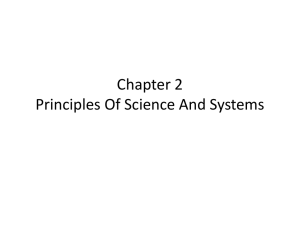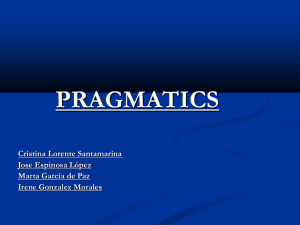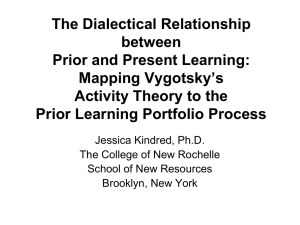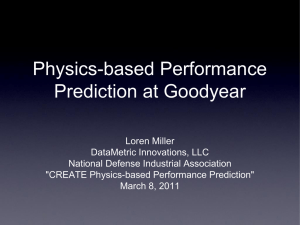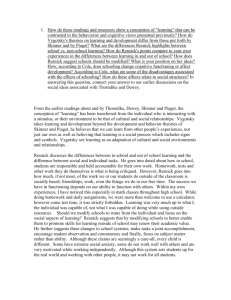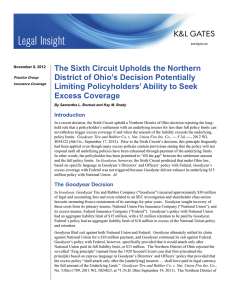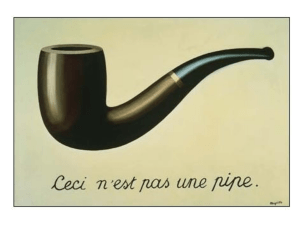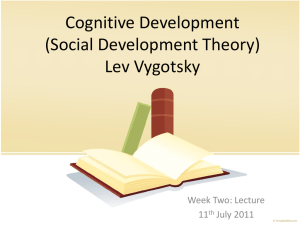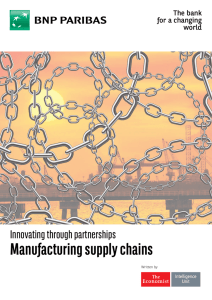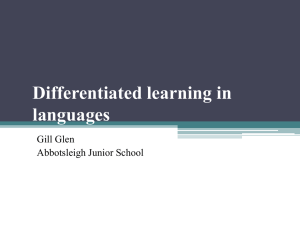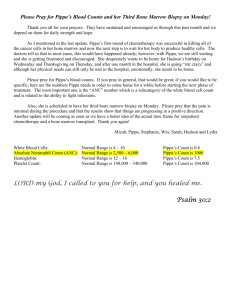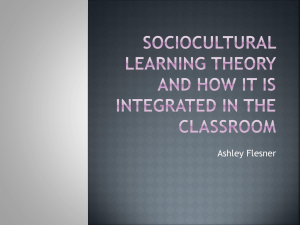O20_1140 Pippa Yeoman - ISCAR 2014 Presentations
advertisement
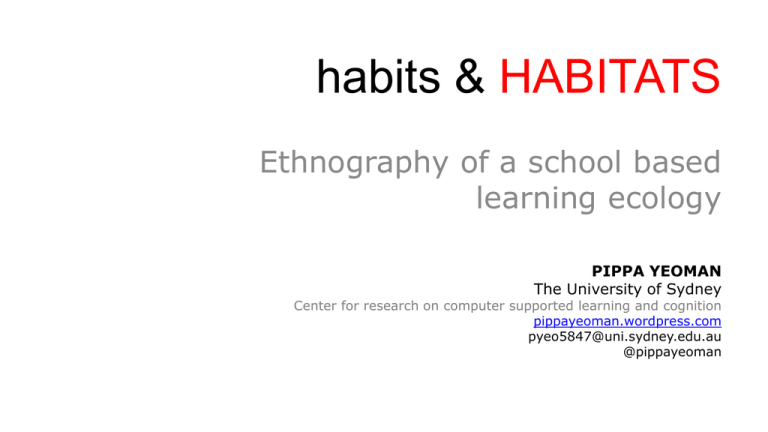
habits & HABITATS Ethnography of a school based learning ecology PIPPA YEOMAN The University of Sydney Center for research on computer supported learning and cognition pippayeoman.wordpress.com pyeo5847@uni.sydney.edu.au @pippayeoman Theories of Learning DESCRIPTIVE & META THEORIES Activity Theory (Vygotsky, Leont’ev, Luria, Engstrom) Bloom’s Taxonomy (Bloom) Distributed Cognition (Hutchins) BEHAVIOURIST Classical Conditioning (Pavlov) Operant Conditioning (Skinner), Social learning Theory (Bandura) CONSTRUCTIVIST Cognitive apprenticeship (Collins et al.) Communities of practice (Lave & Wenger) Discovery Learning (Bruner) Social Development Theory (Vygotsky) Problem-Based Learning Situated Learning (Lave) COGNIVITIST Attribution Theory (Weiner) Cognitive Load Theory (Sweller) Elaboration Theory (Reigeluth) Cognitive Theory of Multimedia Learning (Mayer) Stage Theory of Cognitive Development (Piaget) MOTIVATIONAL & HUMANIST Emotional Intelligence (Goleman) Experiential Learning (Kolb) Maslow’s Hierarchy of Needs (Deci & Ryan) CONNECTIVIST George Siemens (rooted in Vygotsky, Papert, Clark & Social Constructivism) OTHER THEORIES Affordance Theory (Gibson) Multiple Intelligence Theory (Gardner) Socio-material (Sorenson, Fenwick) Networked Learning (Goodyear, Hodgson DESIGN THEORIES ADDIE Model of Instructional Design Elaboration Theory (Reigeluth) IDENTITY THEORIES Erikson’s Stages of Development (Erikson) Identity Status Theory (Marcia) SELF-THEORIES Entity and Incremental Theory & Steeples) (Dweck) Brain-based education (Immordino-Yang) Classroom, circa 1900 190 Classroom, circa 1960 196 Classroom, circa 2014? 2014 How do we think about things in learning environments? The means to an end The trappings of progress How do we think about space in learning environments? Backdrop Container ANALYTICAL FRAMEWORK Physically Situated Artifacts, tools, texts, etc Tasks (Emergent) Activity Outcomes Dyads, groups, teams; roles; divisions of labor Socially Situated Goodyear & Carvalho, 2014, p. 59 ANALYTICAL FRAMEWORK With a focus on what CAN be designed Set design Artifacts, tools, texts, etc Epistemic design Tasks (Emergent) Activity Outcomes Dyads, groups, teams; roles; divisions of labor Social design Goodyear & Carvalho, 2014, p. 59 Theoretical framing of the study Anthropology Archaeology Architecture Education Material Entanglement Wholeness Patterns & Structures Tim Ingold (2011, 2012 & 2013) Ian Hodder (2012 & 2014) Christopher Alexander (2003, 2004, 2006) Peter Goodyear (2000, 2010 & 2014) Lucila Carvalho (2014) Research question | methodology How do materials participate in practice; and How do we account for their participation? Estrid SØrensen (2009) habits & HABITATS What did I see? things as medium and mode capable of shaping interaction 1-to-1 mobile computing gives access to Information anytime anywhere A personalised suite of tools for creating, curating, organising and sharing A learning landscape of tasks Links to resources, tools and learning others Personalised tracking of progress and submission A forum for group and individual feedback An audience of more than one, anytime anywhere The effects on orchestration Limited/No access One to many orientation Single locus of attention Single guiding text Whole class progression Uniform instruction Asynchronous tracking 1-to-1 MOBILE computing Many to many orientation Multiple centres of attention Broad access to information Individual progression Differentiated instruction Real time tracking Practical implications: autonomy | distributed responsibility | time Practical implications: Selection | use of tools O PHYSICAL DIGITAL A V W R P E B S Practical implications: for the ownership | co-construction of space Material Entanglement Wholeness Patterns qualities of humans & induced by & structures of dynamic adjustment activity and materials of things things of the whole Thank you & questions Pippa Yeoman THE UNIVERSITY OF SYDNEY Center for research on computer supported learning and cognition pippayeoman.wordpress.com pyeo5847@uni.sydney.edu.au @pippayeoman
